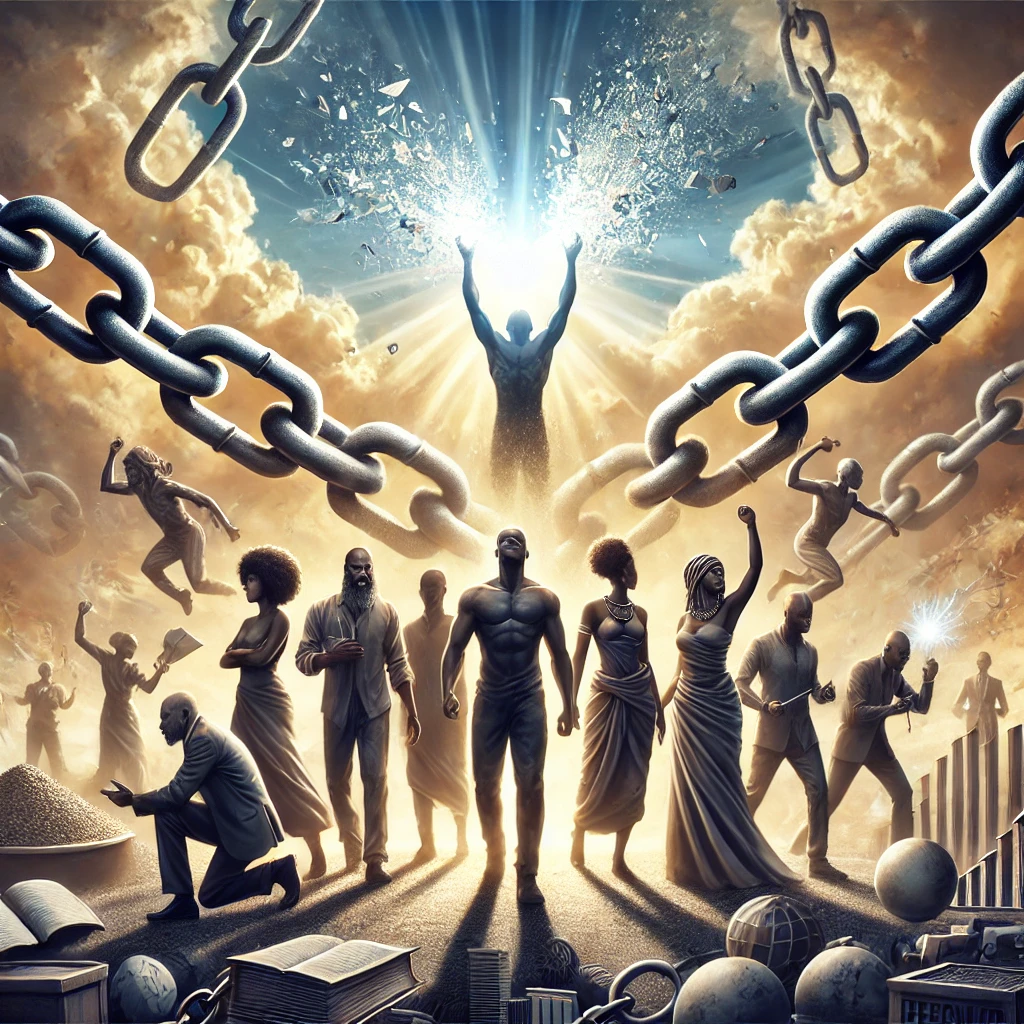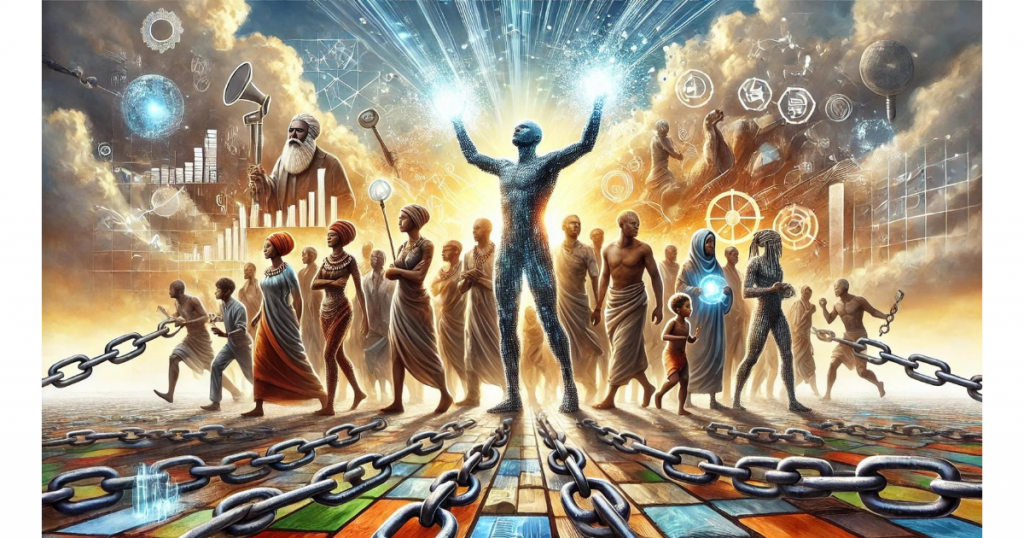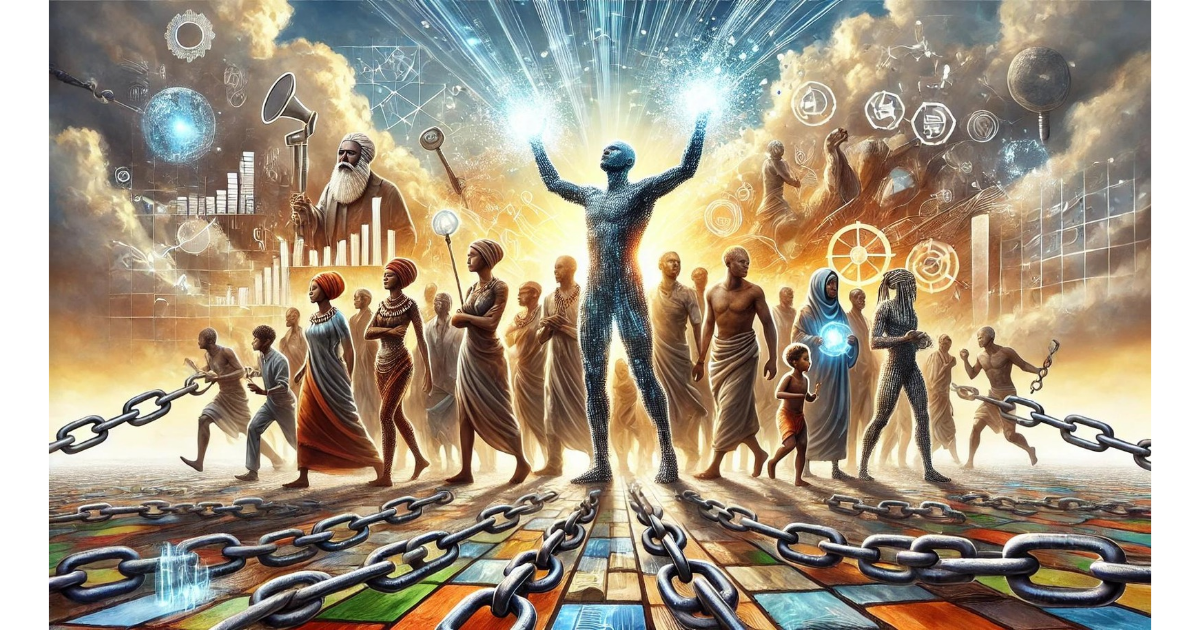Most discussions regarding the outlook and challenges associated with Afro people across the diaspora are often held by individuals who are less impacted by or influenced by the very challenges being discussed. These individuals may have introspective views on their personal development and present elements of their upbringing as solutions to a situation that is far more deep-rooted, widespread, and complex than what generally meets the eye.
For instance, the only people who may read this post in its entirety are most likely individuals who already have reasonable life successes, living above the average living standards. However, the brothers and sisters we observe being negatively influenced in societies across the globe are hardly likely to engage with posts like this. Therefore, many times when discussions like these arise, it’s primarily among like-minded people, sharing and analyzing common scenarios and elements of their upbringing. Notably missing from the conversation is what influences the collective mindset of the majority of the global African race. These discussions tend to resemble the proverbial “preaching to the choir.”

I believe a deeper dive is needed to analyze the common influences that exist within the Black community, whether in Trinidad and Tobago, Jamaica, the United States, Europe, or the African homeland.
Focusing solely on individual achievements is short-sighted and will not collectively remove us from being subservient to other ethnicities in the realms of economic strength, technological advancements, or even academic prowess. True progress lies in recognizing and adapting to what affects the majority. By doing this, we can make a more meaningful, long-lasting impact on both ourselves and our Afro community at large for future generations.
We often look at specific factors we believe are essential to achieving success—things like good parenting, attending prestigious schools, living in affluent or influential communities, and associating with successful peers. While these factors undeniably play a role, they are just part of a much larger picture.
There is a silent teacher and influencer that impacts the majority in any society and tends to be overlooked: our spirituality. This influence shapes our lives from birth and isn’t as visible or easy to quantify, yet it molds our thoughts, values, and decisions in profound ways. It’s a guiding force that affects how we navigate the world, how we view success, and even how we define progress. It defines our moral compass, dictating what is right or wrong. Essentially, our spirituality shapes mindsets.

Until we are able to thoroughly examine our spiritual beliefs, without viewing them as untouchable or beyond reformation, we risk remaining in our current state.
The challenge, however, is that such deep, introspective analysis may be beyond the reach of the majority of the Afro-diaspora due to the reasoning, skills, and resources required. On the other hand, those who do possess the means to engage in such introspection often find it difficult to connect with the complexities and nuances of the challenges facing the broader community. This disconnect creates a gap where the solutions offered by those in positions of influence fail to resonate with or address the lived realities of those most in need of change.
If we are to rise collectively and not just individually, we need to address the silent forces that shape our communities. This includes examining our spiritual frameworks and the other intangible elements that influence the majority of the Afro-diaspora. Only by recognizing these collective influences can we hope to break free from cycles of subservience and dependency, and instead, build a future where Afro people thrive globally—economically, academically, and spiritually.
The road ahead is complex, but by focusing on what shapes the collective mindset rather than just individual achievements, we can lay the groundwork for sustainable progress for generations to come.
This blog was influenced by a Facebook post by Sherwin Thomas. CLICK HERE for the link to the post.

